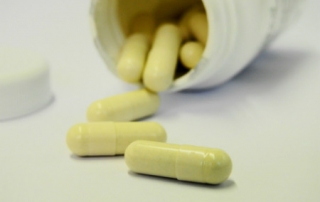New Research from the CWMH: Omega-3 Fatty Acids for Atypical Antipsychotic-Associated Hypertriglyceridemia
Dyslipidemia is a common side effect of atypical antipsychotics and, for a significant number of patients, may limit the acceptabillily of this class of drugs as an option for long-term treatment. This open trial tested [...]








